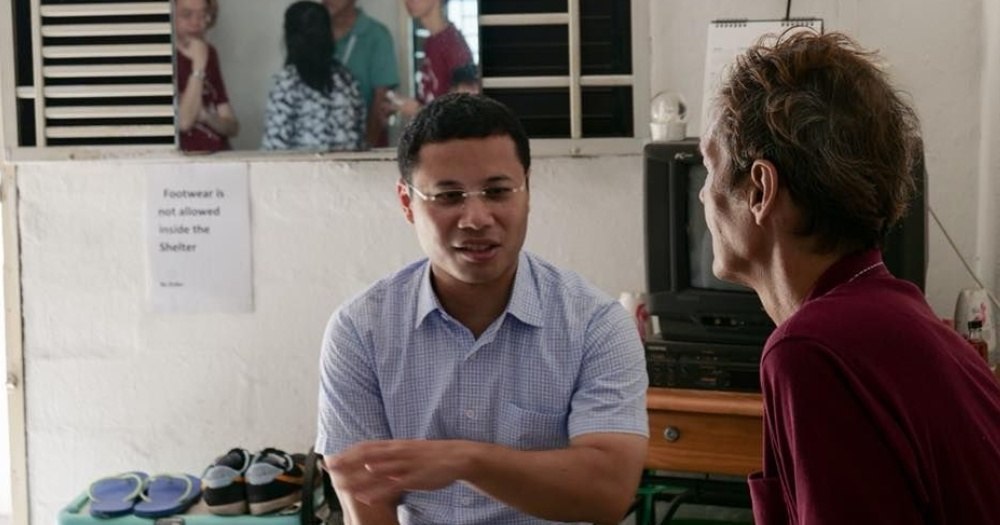Many homeless people do not know where to seek assistance, and others may decline help or avoid contact with social services and government agencies.
Hence, the Ministry of Social and Family Development (MSF) adopts a community-based social work approach to assisting the homeless, said Minister for Social and Family Development Desmond Lee.
This was in response to a question from Non-Constituency Member of Parliament Daniel Goh, who asked how MSF is addressing the homelessness problem, highlighted by a recent study that found more than 1,000 homeless people in Singapore.
Lee also addressed questions about homelessness from Nominated Member of Parliament Anthea Ong and Member of Parliament Lee Bee Wah filed for the next sitting of Parliament in his reply.
MSF officials go on regular nightwalks to engage the homeless
According to Lee, homeless people often struggle with multiple, complex issues that require both government and community support.
Hence, MSF partnered with various community groups and government agencies in regular night walks, since late 2017.
During these walks, MSF officials inform homeless people and rough sleepers that shelters and services are available, and refer them to appropriate help agencies to improve their circumstances.
This collaboration led to the launch of the PEERS Network, which stands for Partners Engaging and Empowering Rough Sleepers Network, in July 2019.
Partners in the PEERS Network refer homeless people to agencies and shelters, in order to help them attain stable housing and address long-term issues, such as unemployment and family conflicts.
MSF also funds social service agencies to provide shelter and support at Transitional Shelters, where social workers work with residents on their financial, employment, health and family issues.
Temporary sleeping spaces
MSF also collaborated with PEERS partners to set up "Safe Sound Sleeping Places", or S3Ps, to provide rough sleepers a safe environment to rest for the night.
S3Ps are ground-up initiatives, and are located in the premises of MSF's community partners. They provide the homeless a safe place to spend the night, but they have to abide by certain conditions to ensure safety, such as avoiding alcohol.
They complement existing shelter and residential options such as Transitional Shelters, and makes it easier for government and social service agencies to engage homeless people in a timely manner.
There are currently seven S3Ps with space for up to 56 individuals, with two more in the pipeline.
Co-tenancy
Minister for National Development Lawrence Wong also responded to another question from Goh, who asked for the rationale behind requiring co-tenancy for public rental flats.
Goh questioned its relevance in light of its contribution to homelessness, as not getting along with co-tenants was listed at one of the reasons why people with housing in their name chose to live on the streets, according to the same homeless study.
In response, Wong said that co-tenancy is not the only contributor to homelessness, and there are multiple issues behind homelessness.
"HDB requires two singles to share a rental flat under the Joint Singles Scheme (JSS), to ensure prudent use of our limited land and fiscal resources. This allows our rental flats to serve more low-income Singaporeans who require housing assistance," said Wong.
Vast majority of single tenants under JSS live together amicably
According to Wong, HDB's recent survey indicates that the vast majority of its single tenants under JSS live together amicably.
He also said that many of these tenants benefit from the companionship and mutual support from living together, as they lack family support.
They also benefit from more affordable rent, since it is shared.
Wong said that partitions are offered in JSS rental flats to provide privacy for single tenants, but in case they cannot get along, HDB will assist with mediating the situation with the help of Grassroots Organisations and the Community Mediation Centre.
If needed, HDB will also facilitate a change in co-tenant or flat.
Related Story
Top image from Desmond Lee's Facebook page.
If you like what you read, follow us on Facebook, Instagram, Twitter and Telegram to get the latest updates.
